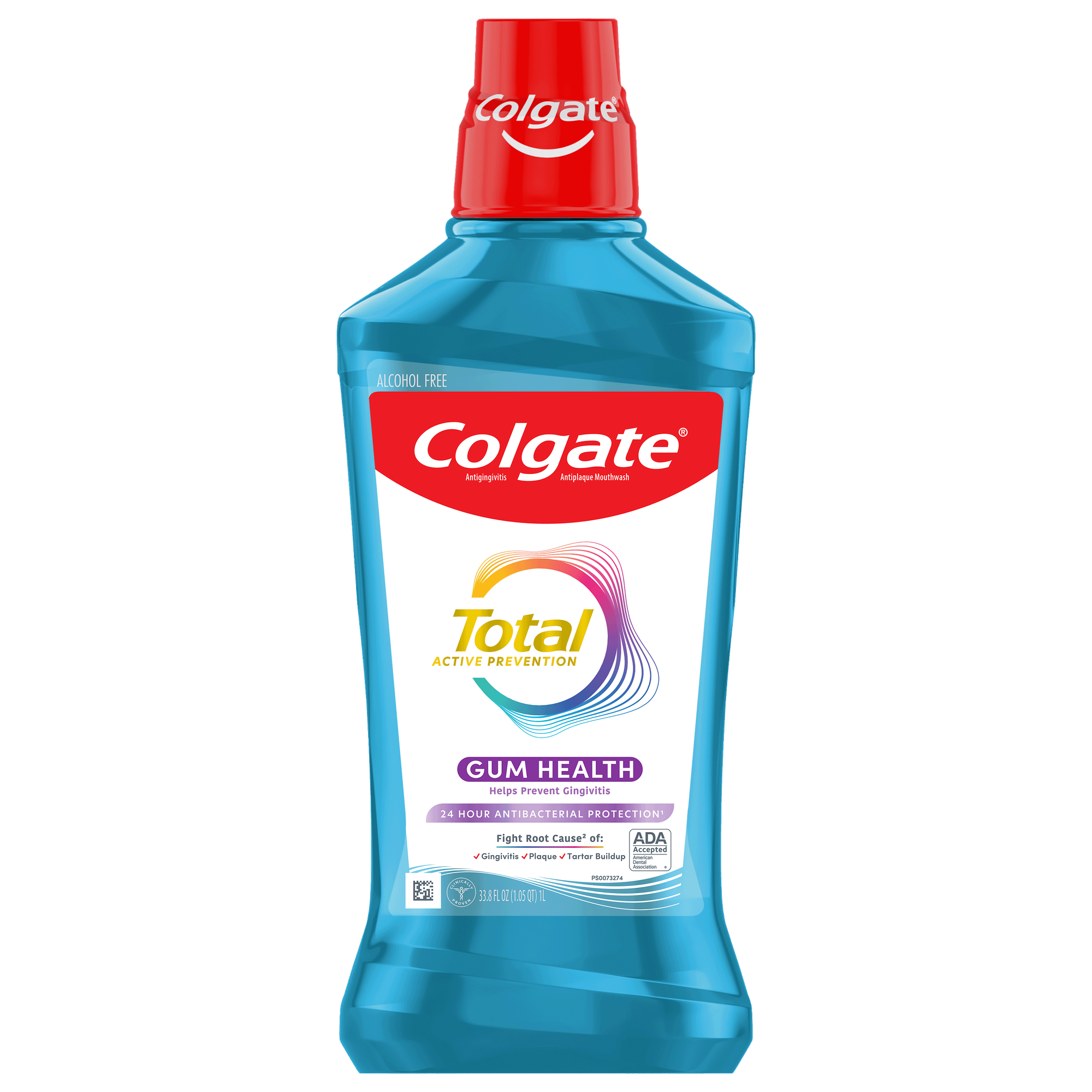Cavities, also known as dental caries, are areas of decay in the tooth. They're fairly common and can be treated quickly. In fact, as the National Institutes of Health points out, the only condition more common than cavities and tooth decay is the common cold.
How Do Cavities Form?
When it comes to cavities, plaque is your main culprit. This sticky biofilm of bacteria continually forms on your teeth and feeds on the sugars in the foods you eat and liquids you drink. The bacteria in plaque releases acid, and the stickiness of the plaque keeps these acids in contact with your teeth, which damages the tooth's enamel through the loss of calcium and phosphate. This process is known as demineralization and can cause white spots to form on the tooth's surface. These tiny openings in the tooth's enamel represent the first stage of cavities.
If allowed to progress, the acid and bacteria will then begin to impact the next layer of the tooth called dentin. Dentin is made of microscopic tubules, and without the protective covering of the enamel, these tubules allow hot, cold, acidic, and sticky foods to stimulate the nerves inside the tooth, causing tooth sensitivity and pain.
If not stopped, plaque will work through the tooth until it reaches the inner tooth material, known as the pulp. This soft tissue at the center of your tooth contains nerves, blood vessels, and connective tissues. When the bacteria infect the pulp, a tooth abscess can occur, which causes severe toothaches, extreme temperature sensitivity, pain when biting, fever, and even swelling in the face or cheeks.
What Are The Signs And Symptoms That A Cavity Is Forming?
The symptoms of a cavity vary depending on size, location and how many you have. In the initial stages of decay, you may not experience symptoms. Once decay breaks through the enamel and a cavity forms, especially if it has reached the dentin or pulp you may experience the following symptoms according to the Mayo Clinic:
Toothache and other pain.
Tooth sensitivity.
Mild to sharp pain when eating or drinking something sweet, hot or cold.
Holes or pits in your teeth that you can see.
Brown, black or white staining on any surface of a tooth.
Pain when you bite down.
If cavities are left untreated, an abscess (bacterial infection that creates a pocket of pus) may form beneath the root. This can be serious. Signs may include facial swelling, pain, and fever. Sometimes pain and damage can spread outside of the tooth root to the bone. This may result in tooth loss and systemic infection. With regular checkups, you can stop decay or treat a cavity before it reaches this stage.
How Do You Treat Cavities?
If you recognize any signs of a cavity, you should make an appointment with your dentist immediately. Despite wild internet claims, you can't get rid of a cavity on your own. A dental professional can only treat cavities, and your treatment will depend on the level of tooth decay.
- Remineralization. Your saliva contains the many minerals needed to help replace the calcium and phosphorous lost from your tooth's enamel in the earliest stages of tooth decay, which allows the enamel to repair itself. However, you can boost remineralization with fluoride, which combines with calcium and phosphate ions to make the tooth enamel stronger and more resilient. A dental hygienist can apply a fluoride treatment at your next appointment to help reverse the early effects of tooth decay.
- Restoration. As tooth decay progresses, you may need restorative treatment. The dental professional will remove all the decayed tooth material and then fill the cleaned out cavity with a tooth restoration with a filling. If the decayed area is too great and there's not enough tooth remaining, your dentist might recommend a crown to cover or cap the damaged tooth.
- Root canal. When your tooth's pulp becomes infected, you may need a root canal. This procedure will allow you to keep a badly damaged tooth instead of removing it. The dental professional will remove the infected pulp, clean the pulp chamber, and replace it with a filling.
- Removal. If the tooth is severely decayed, it cannot be restored and will need to be removed. The dentist may recommend a bridge or dental implant to replace the missing tooth after your extraction is complete.
How Do You Prevent Cavities?
The good news is that you can avoid painful tooth decay and costly cavity treatments by taking preventative measures. Take care of your teeth by following these steps:
- Implement a proper at-home oral hygiene routine. Cavity prevention starts at home. Brush your teeth twice daily with a soft-bristled toothbrush and fluoride toothpaste, and don't forget to floss daily. If you would like additional protection, you can also try a fluoride mouth rinse. Consider eating a low sugar diet. Keeping an eye on the number of acidic foods and beverages you consume is essential.
- Visit the dentist regularly. Often there are no symptoms in the early stages of cavity formation, which is why you should see a dentist every six months for a professional cleaning and examination. Your dentist and dental hygienist can identify trouble spots and help you prevent decay before it becomes severe. Your dentist or dental hygienist can also apply dental sealants, a protective plastic coating for the deep grooves on the chewing surfaces of your teeth. This can prevent bacteria from collecting in these hard-to-reach areas.
- Eat tooth-healthy foods. Try to fill your plate with whole foods like fresh fruits, vegetables, and proteins. It is also good to limit sweetened beverages and sugary snacks that can fuel the cavity-forming process. Avoiding frequent snacking and drinks other than water throughout the day also helps prevent repeated issues with your teeth from acid-creating bacteria.
Although cavities are common, they don't have to be common for you. Knowing how cavities are formed and what you can do to prevent them is a significant first step towards maintaining your oral health. Put these preventative oral care habits in place now and take care of your teeth for years to come.
This article is intended to promote understanding of and knowledge about general oral health topics. It is not intended to be a substitute for professional advice, diagnosis or treatment. Always seek the advice of your dentist or other qualified healthcare provider with any questions you may have regarding a medical condition or treatment.
ORAL HEALTH QUIZ
What's behind your smile?
Take our Oral Health assessment to get the most from your oral care routine
ORAL HEALTH QUIZ
What's behind your smile?
Take our Oral Health assessment to get the most from your oral care routine















